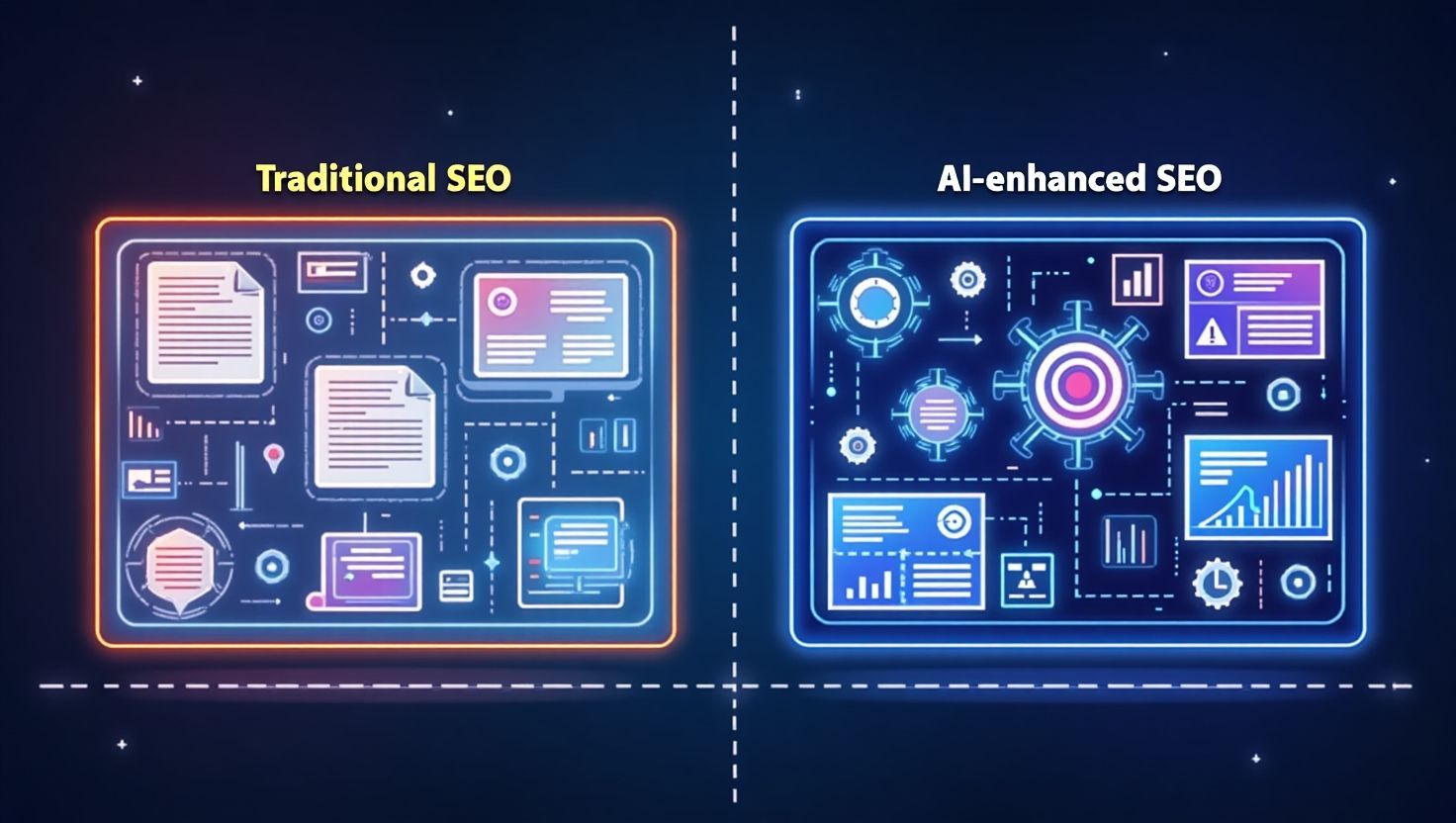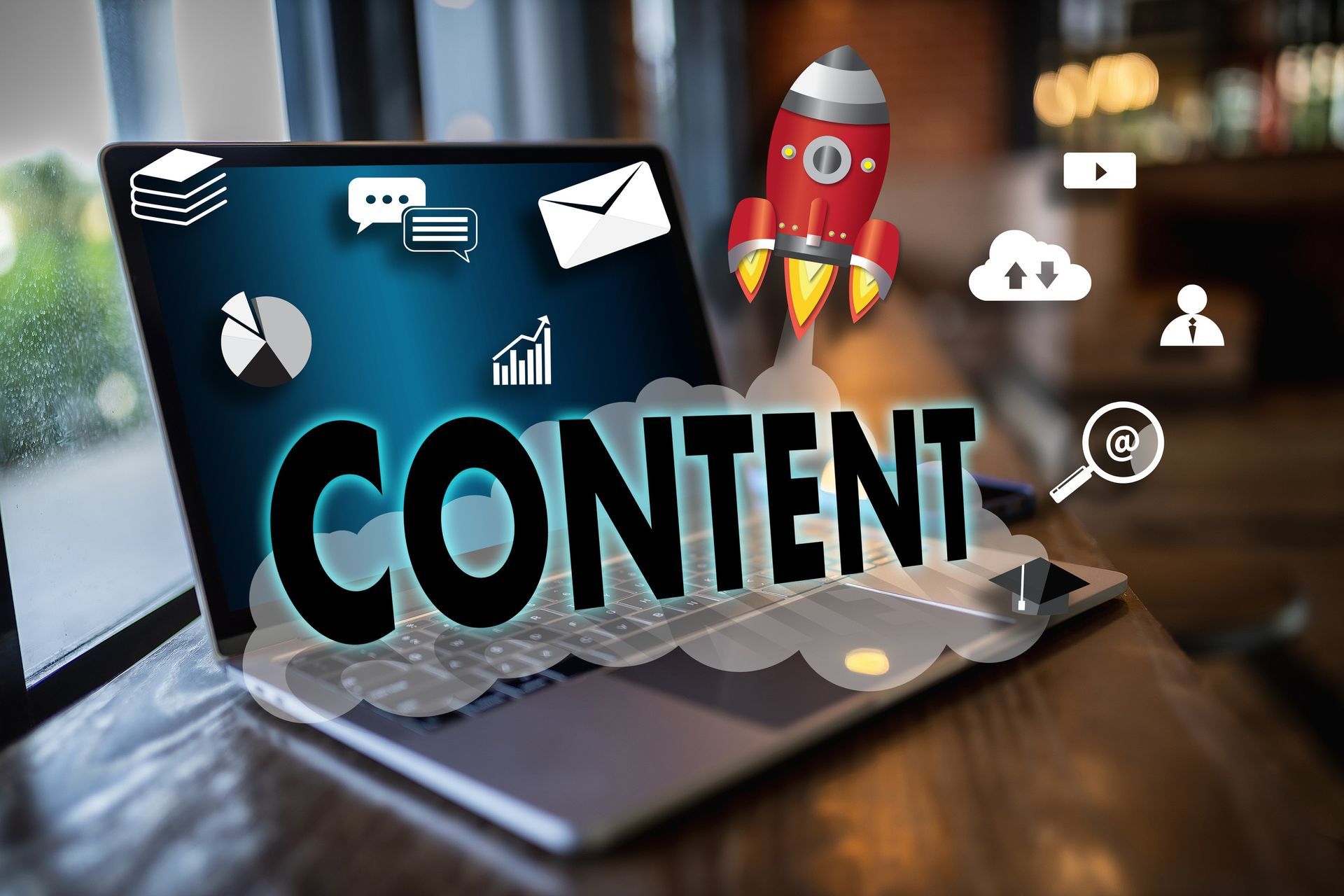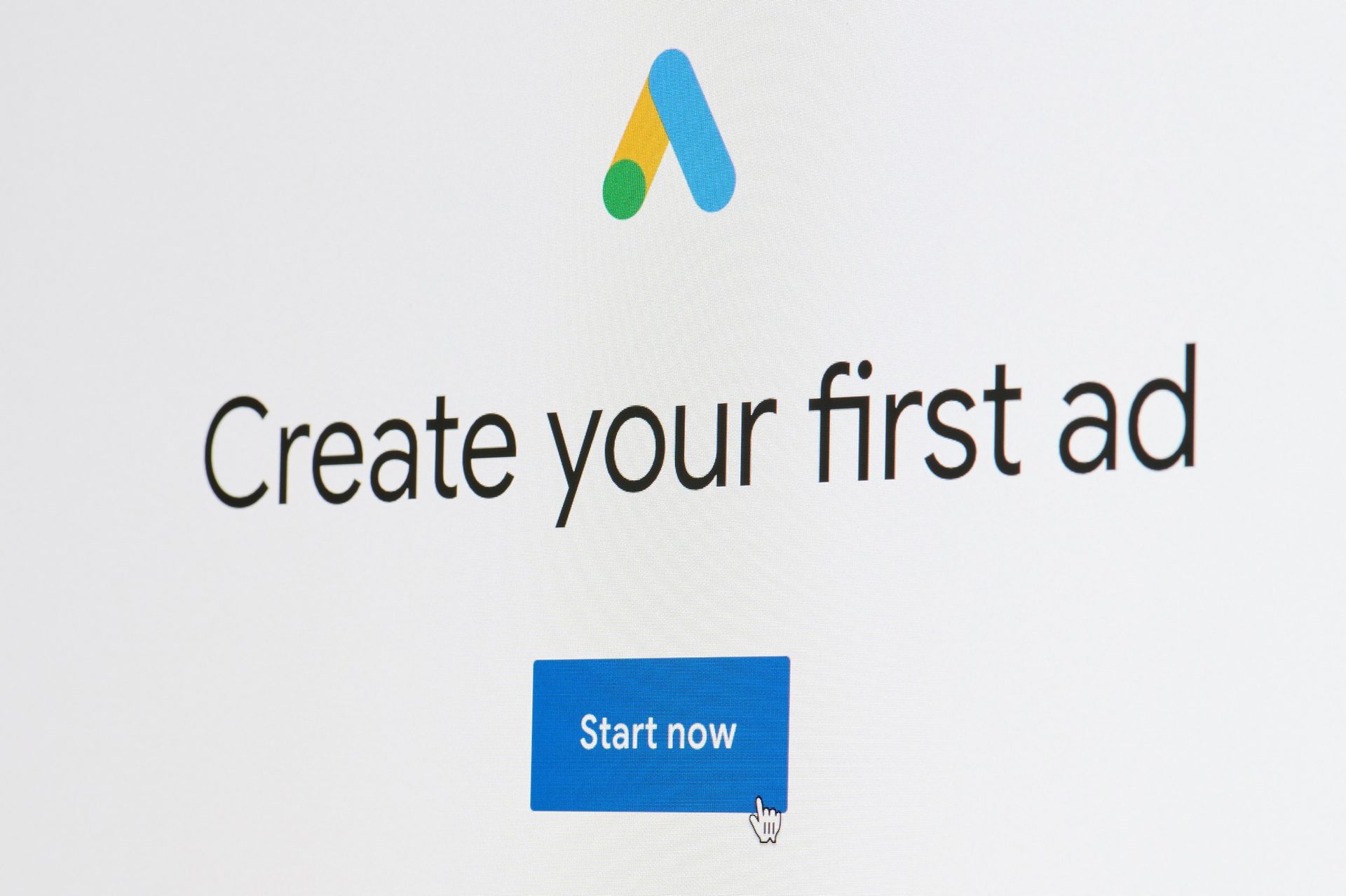How SEOs Use AI: Boosting Efficiency and Productivity in 2025
How SEOs Use AI: Boosting Efficiency and Productivity in 2025

The search engine optimization landscape has undergone a dramatic transformation. What once required countless hours of manual research, content creation, and analysis can now be streamlined through artificial intelligence. SEO professionals who embrace AI tools are discovering new levels of efficiency and productivity that were unimaginable just a few years ago.
This shift isn't just about working faster—it's about working smarter. AI enables SEOs to uncover insights, automate repetitive tasks, and scale their efforts in ways that give them a competitive edge. From keyword research to technical audits, AI is revolutionizing how SEO professionals approach their craft.
Throughout this guide, we'll explore the practical applications of AI in SEO workflows, examine real-world case studies, and discuss the challenges and opportunities that lie ahead. Whether you're a seasoned SEO professional or just starting your journey, understanding how to leverage AI effectively will be crucial for success in 2025 and beyond.
AI-Powered Keyword Research: Uncovering Hidden Opportunities
Traditional keyword research involves hours of manual analysis, competitor research, and educated guesswork. AI has transformed this process by analyzing vast datasets and identifying patterns that humans might miss.
Semantic Keyword Discovery
AI tools can analyze search intent and semantic relationships between keywords with unprecedented accuracy. Instead of focusing solely on exact-match keywords, AI helps SEOs discover related terms, long-tail variations, and emerging search trends. This comprehensive approach ensures content covers the full spectrum of user intent.
Machine learning algorithms can process millions of search queries to identify clusters of related keywords. These clusters reveal how users actually search for information, often uncovering valuable long-tail keywords that competitors overlook. The result is a more nuanced understanding of search behavior and expanded opportunities for organic traffic.
Competitor Gap Analysis
AI excels at competitor analysis by comparing keyword portfolios across multiple websites simultaneously. These tools can identify keywords that competitors rank for but your site doesn't, revealing immediate opportunities for content creation. The analysis goes beyond simple keyword lists to include difficulty scores, search volume trends, and content gaps.
Advanced AI systems can also predict which keywords competitors are likely to target next based on their content patterns and industry trends. This predictive capability allows SEOs to stay ahead of the competition by creating content for emerging opportunities before they become saturated.
Real-Time Trend Identification
AI monitors search trends in real-time, identifying emerging topics and seasonal patterns that impact keyword performance. This capability is particularly valuable for industries with rapidly changing search behaviors or time-sensitive content opportunities.
By analyzing social media mentions, news articles, and search volume changes, AI can alert SEOs to trending topics before they peak. This early warning system enables proactive content creation that captures traffic during crucial momentum periods.
Content Creation with AI: Speed and Scale
Content creation has traditionally been one of the most time-consuming aspects of SEO. AI is changing this by helping SEOs produce high-quality, optimized content at unprecedented speed and scale.
Automated Content Outlines
AI can generate comprehensive content outlines based on target keywords and competitor analysis. These outlines include suggested headings, subheadings, and key points to cover, providing a solid foundation for content creation. The AI analyzes top-ranking pages to identify common content elements and gaps that new content can fill.
This approach ensures content covers all relevant topics while maintaining a logical flow that serves both users and search engines. Writers can focus on crafting compelling narratives rather than researching what to include, significantly reducing content creation time.
Content Optimization and Enhancement
AI tools can analyze existing content and suggest improvements for better search engine performance. These suggestions include keyword placement, readability improvements, and structural enhancements that align with SEO best practices.
The technology can identify sentences that are too long, paragraphs that lack focus, and sections that need additional information. AI can also suggest internal linking opportunities and meta descriptions that improve click-through rates from search results.
Multi-Format Content Generation
Modern AI can repurpose content across multiple formats efficiently. A single blog post can be transformed into social media posts, email newsletters, video scripts, and infographics with minimal manual intervention. This multi-format approach maximizes the value of each piece of content while maintaining consistency across channels.
The AI ensures that each format maintains the core message while adapting the tone and structure for the specific platform. This capability is particularly valuable for small teams that need to maintain a strong content presence across multiple channels.
AI for Technical SEO: Audits and Optimization
Technical SEO requires meticulous attention to detail and the ability to process large amounts of data. AI excels in both areas, making technical audits more comprehensive and actionable.
Automated Site Audits
AI-powered tools can crawl websites and identify technical issues that impact search performance. These audits go beyond basic checks to analyze site speed, mobile responsiveness, and crawlability across thousands of pages simultaneously.
The AI can prioritize issues based on their potential impact on search rankings, helping SEOs focus on the most critical problems first. This prioritization is based on machine learning models that understand how different technical factors influence search performance.
Performance Monitoring and Alerts
AI systems can monitor website performance continuously and alert SEOs to issues as they arise. This proactive approach prevents small problems from becoming major issues that impact search rankings.
The monitoring includes tracking page load times, identifying broken links, and detecting duplicate content. AI can also predict when performance issues might occur based on traffic patterns and server response times, allowing for preventive maintenance.
Schema Markup Optimization
AI can automatically generate and optimize schema markup based on page content and structure. This structured data helps search engines better understand page content, leading to enhanced search result features like rich snippets and knowledge panels.
The AI analyzes page content to determine the most appropriate schema types and generates the necessary markup code. This automation ensures consistent implementation across large websites while reducing the technical expertise required for effective schema deployment.
Automating Link Building with AI
Link building remains one of the most challenging aspects of SEO, but AI is making it more efficient and effective through automation and enhanced prospecting capabilities.
Intelligent Prospect Identification
AI can analyze millions of websites to identify high-quality link prospects based on relevance, authority, and likelihood of linking. This analysis goes beyond basic metrics to consider content themes, linking patterns, and relationship networks.
The technology can identify websites that have linked to similar content or competitors, suggesting opportunities for outreach. AI can also predict which prospects are most likely to respond positively to link requests based on their historical linking behavior.
Personalized Outreach Campaigns
AI can craft personalized outreach emails that reference specific content, recent publications, or mutual connections. This personalization increases response rates while maintaining the authentic tone that builds genuine relationships.
The AI analyzes prospect websites to identify talking points and connection opportunities, creating outreach messages that feel personal rather than automated. This approach maintains the relationship-building aspect of link building while scaling outreach efforts.
Link Quality Assessment
AI can evaluate link quality more accurately than traditional metrics by considering multiple factors simultaneously. This assessment includes analyzing the linking page's content relevance, the surrounding text, and the overall website authority.
The technology can also identify potentially harmful links that might impact search rankings, helping SEOs maintain healthy link profiles. This ongoing monitoring ensures that link building efforts contribute positively to search performance.
AI in SEO Analytics: Actionable Insights
Data analysis is where AI truly shines in SEO applications. The technology can process vast amounts of data to identify patterns and insights that would be impossible to discover manually.
Advanced Performance Analysis
AI can analyze search performance data to identify trends and opportunities that aren't immediately obvious. This includes correlating ranking changes with content updates, identifying seasonal patterns, and predicting future performance based on current trends.
The analysis can reveal which types of content perform best for specific keywords, when to publish for maximum impact, and which optimization strategies yield the best results. This data-driven approach removes guesswork from SEO decision-making.
Predictive Analytics
AI can predict future search trends and performance based on historical data and current patterns. This predictive capability helps SEOs plan content calendars, allocate resources, and prepare for algorithm changes.
The predictions consider multiple factors including seasonal trends, industry developments, and competitor activities. This comprehensive approach provides a more accurate forecast than simple trend extrapolation.
Custom Reporting and Dashboards
AI can generate custom reports that focus on the metrics most relevant to specific business goals. These reports can highlight key performance indicators, identify areas for improvement, and track progress toward specific objectives.
The technology can also create automated dashboards that update in real-time, providing stakeholders with current information without manual report generation. This automation ensures that decision-makers always have access to the latest data.
Case Studies: Successful AI Implementations
Real-world examples demonstrate how SEO professionals are using AI to achieve remarkable results across different industries and use cases.
E-commerce SEO Transformation
A mid-sized e-commerce company implemented AI-powered keyword research and content creation tools to scale their SEO efforts. The AI identified thousands of long-tail keywords related to their product catalog that they hadn't previously targeted.
Using automated content generation, they created product descriptions and category pages optimized for these keywords. The AI ensured consistency across thousands of pages while maintaining readability and user engagement. Within six months, organic traffic increased by 150%, and conversion rates improved due to better-targeted content.
Local SEO Automation
A digital marketing agency used AI to automate local SEO campaigns for multiple clients simultaneously. The AI analyzed local search patterns, identified location-specific keywords, and created optimized content for each client's target markets.
The system also monitored local citations and business listings, automatically updating information across hundreds of directories. This automation allowed the agency to serve more clients without proportionally increasing their workload, while improving results for existing clients.
Content Marketing Scale-Up
A B2B software company leveraged AI to scale their content marketing efforts from publishing one blog post per week to daily publication. The AI analyzed their industry topics, identified content gaps, and generated outlines for relevant articles.
Human writers focused on adding expertise and unique insights while the AI handled research, optimization, and formatting. This hybrid approach maintained content quality while dramatically increasing output. Organic search traffic grew by 300% over eight months, with significant improvements in lead generation.
Challenges and Considerations
While AI offers tremendous benefits for SEO, professionals must navigate several challenges to use these tools effectively.
Quality Control and Human Oversight
AI-generated content and suggestions require human oversight to ensure accuracy and alignment with brand voice. SEOs must establish quality control processes that leverage AI efficiency while maintaining content standards.
The key is finding the right balance between automation and human creativity. AI excels at data processing and pattern recognition, but human expertise remains essential for strategic decisions and creative execution.
Keeping Up with Algorithm Changes
Search engine algorithms evolve continuously, and AI tools must adapt to these changes to remain effective. SEOs need to stay informed about algorithm updates and ensure their AI tools are updated accordingly.
This requires ongoing education and tool evaluation to ensure that AI-powered strategies align with current best practices. The most successful SEOs maintain a learning mindset and regularly assess their tool stack's effectiveness.
Data Privacy and Ethical Considerations
AI tools often require access to significant amounts of data, raising privacy and security concerns. SEOs must ensure that their AI implementations comply with data protection regulations and maintain ethical standards.
This includes understanding how AI tools use data, implementing appropriate security measures, and being transparent about AI usage with clients and stakeholders. Ethical AI use builds trust and ensures long-term success.
Integration with Existing Workflows
Successfully implementing AI requires integrating new tools with existing workflows and processes. This integration challenges teams to adapt their methods while maintaining productivity during the transition period.
The most successful implementations involve gradual adoption, comprehensive training, and clear communication about how AI tools enhance rather than replace human expertise. Change management becomes crucial for realizing AI's full potential.
The Future of AI-Powered SEO
The integration of AI into SEO workflows represents more than a technological upgrade—it's a fundamental shift in how search optimization professionals approach their craft. As we've explored throughout this guide, AI enables SEOs to work with unprecedented efficiency and insight, uncovering opportunities that would be impossible to identify manually.
The most successful SEO professionals will be those who embrace AI as a powerful ally rather than a replacement for human expertise. The technology excels at data processing, pattern recognition, and automation, but human creativity, strategic thinking, and relationship building remain irreplaceable.
Moving forward, the organizations that thrive will be those that find the optimal balance between AI efficiency and human insight. This hybrid approach leverages the best of both worlds: the scale and speed of artificial intelligence combined with the creativity and strategic thinking that only humans can provide.
The SEO landscape will continue evolving rapidly, but one thing remains certain: AI will play an increasingly central role in how search optimization is performed. The time to begin experimenting with and implementing AI tools is now, before they become essential rather than advantageous.
Start by identifying the most time-consuming aspects of your current SEO workflow, then explore how AI tools can streamline these processes. Whether it's keyword research, content creation, or technical audits, there are AI solutions available that can immediately impact your productivity and results.
Schedule a Free Consultation with ULU Digital
- Get in touch with our experts at (855) 833-7478
- Or book a free, no-obligation consultation here




![How To Use TikTok for Business: A 9-Step Guide [2025]](https://lirp.cdn-website.com/37c580c9/dms3rep/multi/opt/189102438_m-1920w.jpg)



